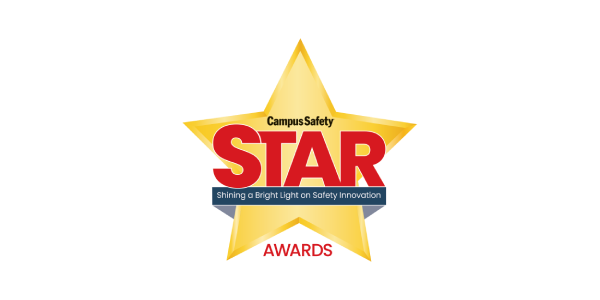Systems Future-Proof Healthcare, Education Campuses
If the security budget is stressed, electronic standalone locks provide a solution that works not only for today but for the future. In the future, once the institution wishes to go to a networked system, whether wired or wireless, standalone locks can be quickly and inexpensively converted to work with those systems as well.
Jennifer Toscano is Ingersoll Rand Security Technologies, Schlage Marketing Manager – Electronic Locks
Key Management Systems: Another Less Costly Way to Increase Access Security<?B>
By Beverly Vigue
Many campuses must continue to rely on the mechanical key. However, a building is only as safe as its key management system. With proper key management, there are a wide range of options for customizing access control across campus, including the flexibility to have different levels of security in different areas of the building or campus. Here is how such a system works.
First of all, the key manufacturer typically has patents on high security cylinders that provide the customer with a legally-backed guarantee of geographic exclusivity in its area. Procedures for the key management system are typically backed by a computerized system, and detailed manual checks ensure the keys are only distributed to authorized parties. No matter what cylinder or combination of security levels are chosen, only one master key is needed to operate every lock in the building or on campus.
Interestingly, updating the key system does not mean the institution has to also change all its locks. The locksmith or installer should be able to simply remove the old cylinder on the lock and replace it with the high security one. With a choice of cylinder styles, different levels of security can be mixed and matched.
Arizona Hospital Provides Exa
mple of Typical Application
With the start of the major remodeling project, Banner Good Samaritan Hospital Head Locksmith Larry Mizen thought it was an appropriate time to re-key the entire facility. To develop a key system that would accommodate the remodeling and planned growth at the main Phoenix site as well as other locations in the state, Mizen worked with Schlage Key System Consultant Dawn Graves to develop an owner standard specification for keys as well as other major door hardware components.
The standard, which will be used by Banner facilities throughout the state, includes Schlage D, end-user restricted, medium-security keyways on all interior doors with Schlage Everest Primus on any areas that require greater security. The Everest Primus is a high-security keyway that provides a legally-backed guarantee of geographic key exclusivity, which means that keys cannot be made without Banner’s authorization.
The two key systems are designed to be mixed in a single system and are upgradeable, allowing security and cost to be tailored to each application. Together, they give Banner 10 compatible keyways with sufficient capacity to handle future expansion and provide better control. Interchangeable cores are used to simplify re-keying.
Mizen says he now is able to maintain separate master keys for each building yet provide a grand master that Security can use anywhere.
Beverly Vigue, AHC/CDC, is vice president, Ingersoll Rand Security Technologies, Educational Vertical Market
Keywords: Lock, access control, campus safety, hospital security, campus security







